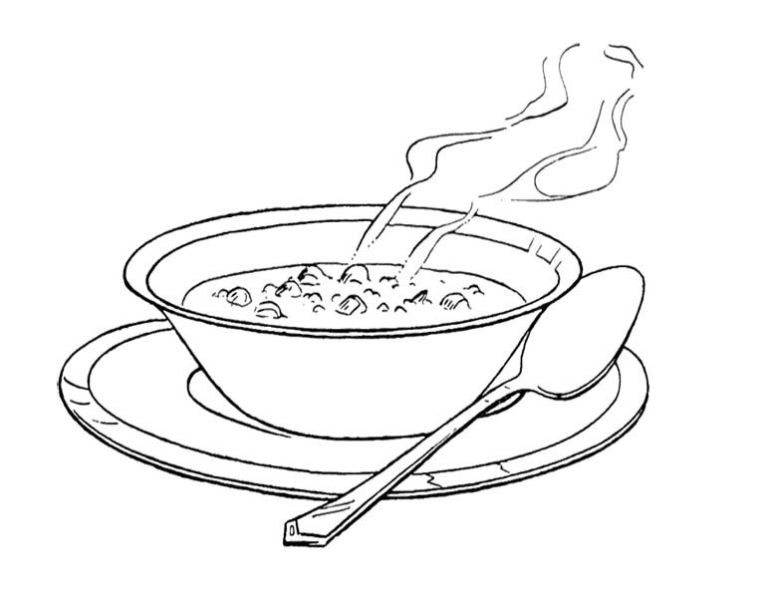A graduation party. There must have been a hundred people there, all dressed in nice clothes.
In the entryway was a poster-sized picture of the kid who graduated. He’s eighteen, tall, handsome. He looked like Superman, minus the “S.”
People were mingling, there were refreshments, music, and a long buffet. And I was on a mission for pimento cheese.
I will do almost anything for pimento cheese. Not plain pimento cheese, but the kind made by a professional. My aunt, for instance, makes a spectacular variety. And my wife’s pimento cheese is good enough to make Billy Graham slap his own mama.
My mother is not going to like that joke.
Anyway, I don’t care for the orange slop found in supermarket coolers. That stuff looks like stink bait. I’m talking about the real thing, made by a lady who knows her way around a kitchen.
A woman who swats your hand when you poke your finger into her food. A woman who shakes a wooden spoon at you and says, “Good things come to those who wait, young man.”
These sweet women have been shredding blocks of cheddar the old-fashioned way since the early days and have developed arms bigger than Sylvester Stallone.
My mother used to have a cheese grater we called the “knuckle buster.” It was shaped like a cowbell, with rusted edges. You had to stay current on your tetanus shots to use it.
If you were disobedient, my mother sentenced you to grate cheese until your knuckles were unidentifiable. If you were especially bad, you had to grate the onions for tartar sauce.
I don’t know if you’ve ever grated an onion. Many good men have lost fingers grating onions on my mother’s grater.
But the fare was worth it. And years later, I would discover that this brand of food is hard to locate…










